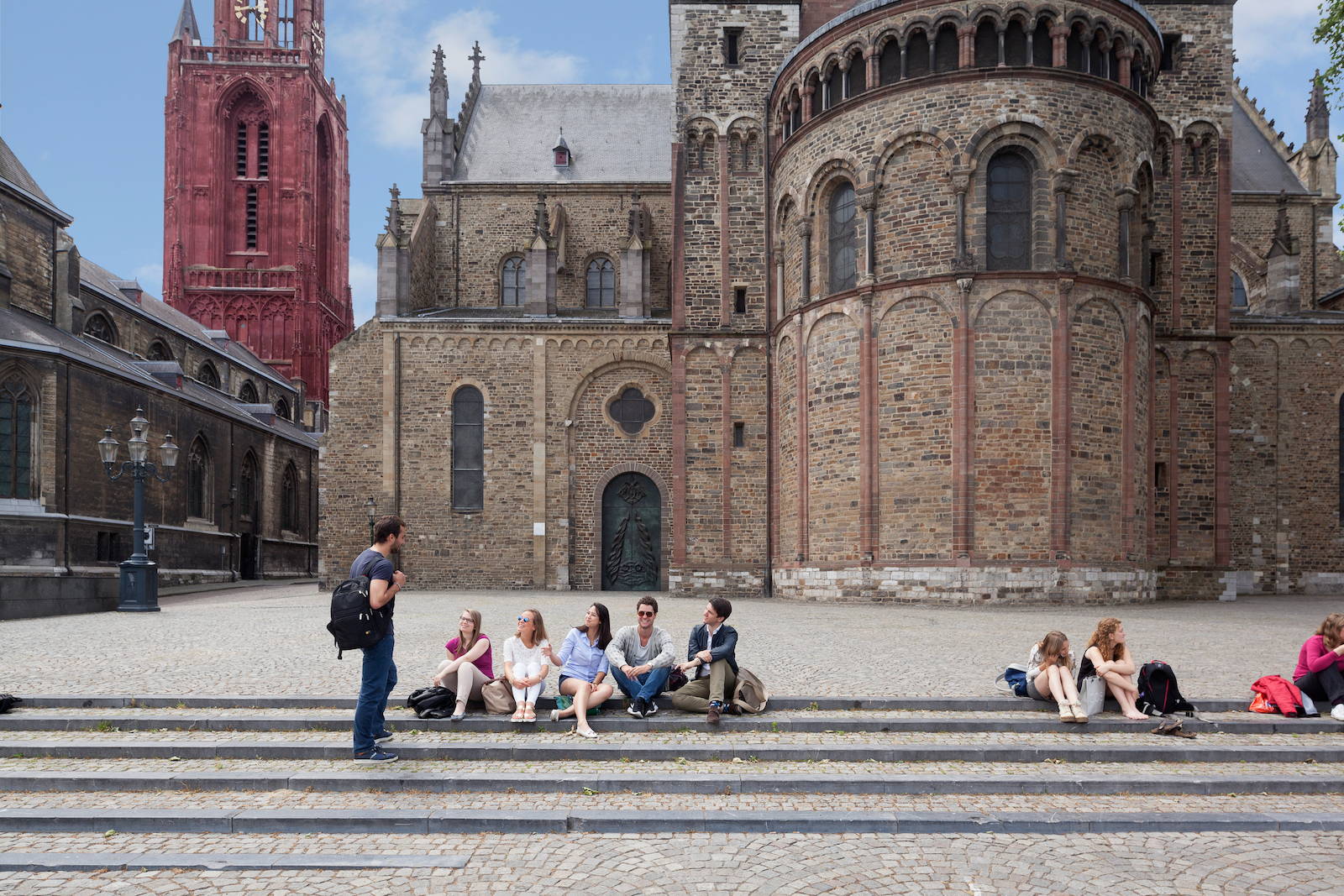Higher education and research account for 16.4% of all Maastricht jobs
It is well known that higher education and research organisations are an important engine for the economy and employment in their local areas. An in-depth study by NEO Observatory in Rotterdam now shows the actual extent of the impact in 13 Dutch university cities. For medium-sized cities such as Maastricht, the economic importance of higher education and research is relatively high.

National figures
Netherlands Economic Observatory (NEO) used data from 2018, in particular from Statistics Netherlands (CBS) and Rathenau Instituut. The study included higher education and university hospitals in the 13 cities plus all independent research institutes and the R&D departments in companies. It found that in the university cities alone, more than 240,000 people work in the ‘knowledge cluster’. In total, this group of employees represents a financial and economic volume of 15.3 billion euros. In the economies of the 13 Dutch university cities, higher education and research thus accounts for 7.1 per cent of the added value and 10 per cent of the employment.
Maastricht
The relative contribution of higher education to the economy and employment in Maastricht is higher than the national averages: 16.4 per cent of all jobs in Maastricht are in higher education and research, and the sector accounts for a 12.1 per cent share in the Maastricht economy.
The researchers also considered a number of indirect economic effects. In Maastricht, 12,100 people work in the knowledge cluster, which indirectly generates a further 2,300 jobs: in combination this amounts to 19.6 per cent of the total employment in Maastricht.
Relevant sector
In the economy of the 13 cities, higher education and research form a relevant medium to large sector, according to NEO Observatory, which carried out the research on behalf of Kences, the association of Dutch student accommodation providers. In medium-sized cities such as Maastricht, the knowledge cluster is considerably more important to the economy and employment than it is in large cities.
Read the full report (in Dutch) here.
Also read
-
Why some people hesitate to vaccinate and how healthcare can address this
Doubts about vaccination continue to be a significant challenge for global public health. The World Health Organisation (WHO) has listed vaccine hesitancy as one of the top ten threats to global health.
But what exactly is vaccine hesitancy and how does it impact our society? How can we address it...

-
New technique measures live activity of gut bacteria
Professor Ellen Blaak, PhD Gilian Larik and research team are tracking in MRUM fermentation chambers, how gut bacteria respond to food.

-
GROW research: all-in-one test for genetic defects in embryos🧪
Researchers at Maastricht UMC+ and GROW have developed a technique that can analyse the entire genome in a single test, allowing for faster determination of embryos suitable for successful pregnancy.
